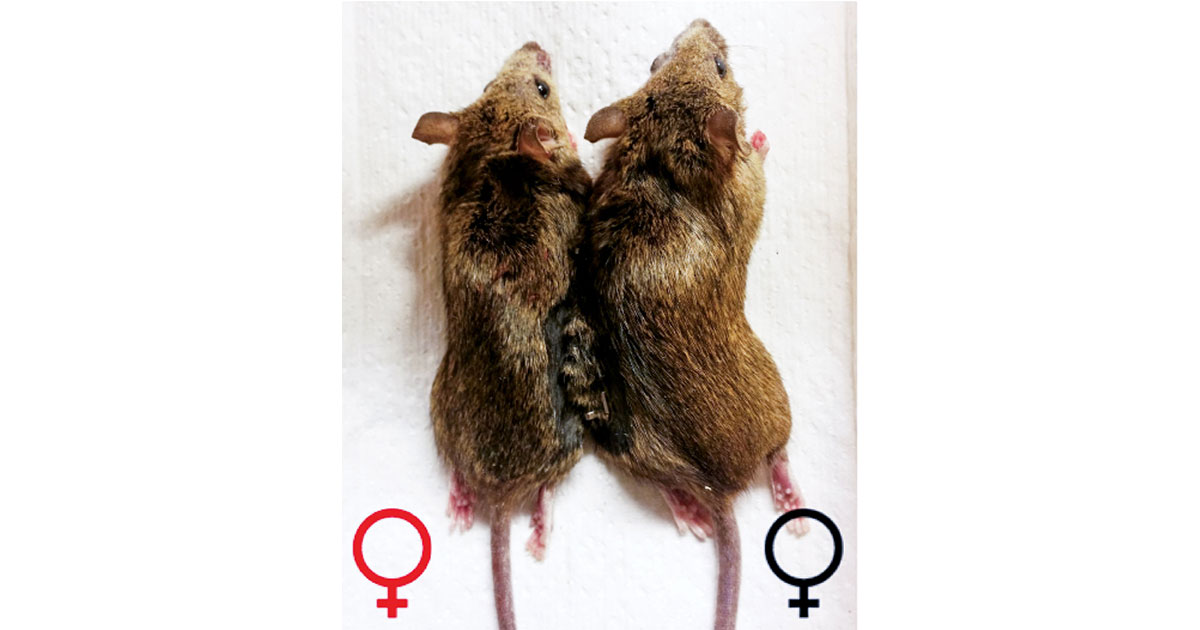Advertisement
Grab your lab coat. Let's get started
Welcome!
Welcome!
Create an account below to get 6 C&EN articles per month, receive newsletters and more - all free.
It seems this is your first time logging in online. Please enter the following information to continue.
As an ACS member you automatically get access to this site. All we need is few more details to create your reading experience.
Not you? Sign in with a different account.
Not you? Sign in with a different account.
ERROR 1
ERROR 1
ERROR 2
ERROR 2
ERROR 2
ERROR 2
ERROR 2
Password and Confirm password must match.
If you have an ACS member number, please enter it here so we can link this account to your membership. (optional)
ERROR 2
ACS values your privacy. By submitting your information, you are gaining access to C&EN and subscribing to our weekly newsletter. We use the information you provide to make your reading experience better, and we will never sell your data to third party members.
Biological Chemistry
Psilocybin Studies Turn A New Leaf
Scientists aim to set psychedelics research on a sound scientific footing
by Ivan Amato
July 17, 2006
| A version of this story appeared in
Volume 84, Issue 29
In what some observers describe as a watershed study that could resurrect an arena of drug and behavioral research that has been all but off-limits for decades, scientists have confirmed that psilocybin, the psychedelic agent in Psilocybe mushrooms, elicits mystical experiences in some people and "bad trips" in others.
"The prospects for far-ranging scientific advancement are exciting," medicinal chemist David E. Nichols of Purdue University writes in a commentary accompanying the study (Psychopharmacology, DOI: 10.1007/s00213-006-0457-5). "We know that psychedelics have powerful effects in many areas of the brain that are critically important for cognition and awareness," notes Nichols, who synthesized the pure psilocybin used in the research.
In their study, Roland R. Griffiths of Johns Hopkins University School of Medicine and his colleagues recruited 36 healthy men and women, ages 24 to 64. None had taken hallucinogenic drugs before. In a two-session protocol designed to avoid suggestion effects, participants received psilocybin and a nonhallucinogenic control compound in an order unknown to them. During each session, a monitor was present to help participants manage any fear, anxiety, or other ill effects experienced during the sessions.
Eight participants rated their experience as negative, two of them indicating they would never want to repeat it. But 22 participants reported having mystical experiences, as assessed with a battery of questionnaires. Two-thirds of the participants rated their psilocybin experience as among the most meaningful of their lives.
The abuse of hallucinogens, most notably LSD, in the 1960s and poorly designed and conducted studies at the time led to legal, societal, and logistical baggage that rendered research with psychedelics costly and professionally risky. Praised for its design, controls, and rigor, the new work could spearhead an era of scientifically sound research into the physiological, behavioral, and cognitive effects of psychedelic compounds, observers say.





Join the conversation
Contact the reporter
Submit a Letter to the Editor for publication
Engage with us on Twitter